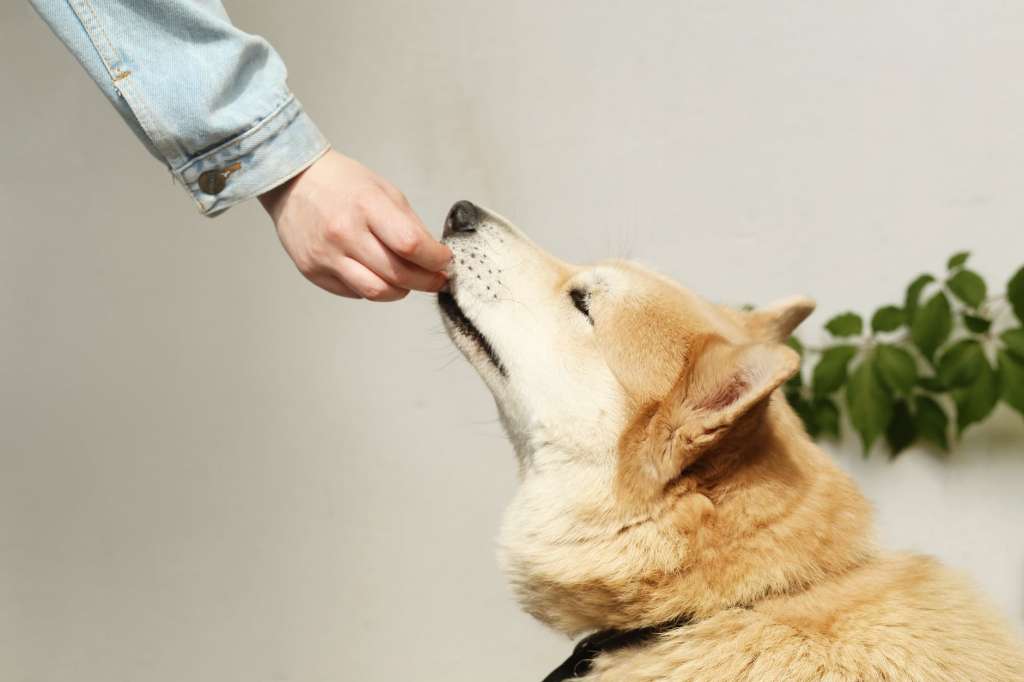(WHDH) — With loved ones gathered around the table to celebrate Thanksgiving, pet owners have to be wary of what food scraps their guests may feed their furry friends.
The ASPCA’s Poison Control Center put together a list of toxic people foods pets should not consume.
Alcohol
The alcohol may be flowing during your holiday celebration but the ASPCA says “under no circumstances should your pet be given any alcohol.” Alcoholic beverages and food products containing alcohol can cause vomiting, diarrhea, decreased coordination, central nervous system depression, difficulty breathing, tremors, abnormal blood acidity, coma and even death.
Bones
Humans wouldn’t want to gnaw on a turkey bone and neither should pets. Domestic pets could choke on the bones, or the bone could splinter and become lodged in or puncture your pet’s digestive tract.
Chocolate, Coffee and Caffeine
It’s fine for humans to enjoy a chocolate cream pie after stuffing themselves with turkey and mashed potatoes, but pets should avoid this. Chocolate, coffee and some sodas contain substances called methylxanthines, which can lead to vomiting and diarrhea, panting, excessive thirst and urination, hyperactivity, abnormal heart rhythm, tremors, seizures and even death if ingested by pets.
Citrus
The stems, leaves, peels, fruit and seeds of citrus plants contain varying amounts of citric acid, essential oils that can cause irritation and possibly even central nervous system depression if ingested in significant amounts.
Coconut and Coconut Oil
Cooking with coconuts or coconut oil may work for your Thanksgiving feast but this could cause an upset stomach, loose stools or diarrhea in pets.
Grapes and Raisins
Grapes and raisins may serve as a garnish around the turkey but these fruits can lead to kidney failure in pets.
Milk and Dairy
This common household ingredient may cause upset digestive systems and diarrhea in pets.
Nuts
Guests who want to snack on mixed nuts before the big feast should not feed macadamia nuts to their dogs. They can cause weakness, depression, vomiting, tremors and hyperthermia in pups. Other nuts, including almonds, pecans, and walnuts, can cause vomiting, diarrhea, and potentially pancreatitis in pets.
Onions, Garlic and Chives
These three ingredients may sound great in stuffing but they don’t do well in pets’ stomachs. They could lead to red blood cell damage, especially in cats.
Raw or Undercooked Meat and Eggs
Raw meat and raw eggs should not only be avoided by pets but humans should stay clear as well. These contain bacteria such as salmonella and E. coli that can be harmful to pets and humans. Raw eggs can also lead to skin and coat problems in pets.
Salt and Salty Snack Foods
Humans may not be tracking their sodium intake as they chow down on their Thanksgiving meal but they should track their pets. Large amounts of salt can produce excessive thirst and urination, or even sodium ion poisoning in pets. Pets who have eaten too many salty snacks may experience vomiting, diarrhea, depression, tremors, elevated body temperature, seizures and even death.
Xylitol
Xylitol is used as a sweetener in many products, including gum, candy, baked goods and toothpaste. It can cause insulin release in most species, which can lead to liver failure. The increase in insulin leads to hypoglycemia (lowered sugar levels). Initial signs of toxicosis include vomiting, lethargy and loss of coordination. Signs can progress to seizures. Elevated liver enzymes and liver failure can be seen within a few days.
Yeast Dough
This dough can rise and cause gas to accumulate in your pet’s digestive system, potentially causing their stomach to bloat and potentially twist.
Anyone who suspects their pet has eaten any of the above foods is asked to take note of how much they ingested and call their veterinarian or the ASPCA Animal Poison Control Center at (888) 426-4435.
(Copyright (c) 2024 Sunbeam Television. All Rights Reserved. This material may not be published, broadcast, rewritten, or redistributed.)

